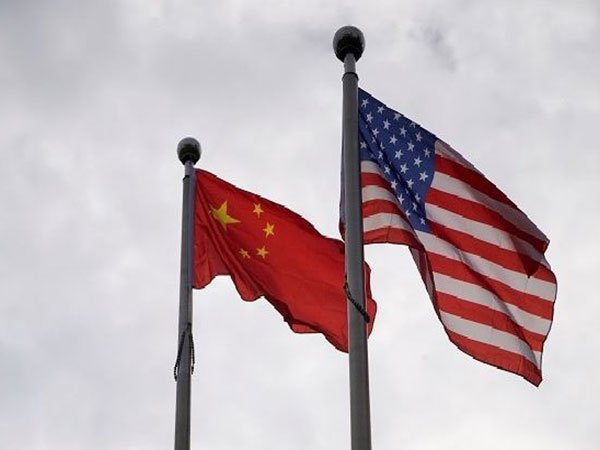Jefferies, the American multinational investment bank and financial services firm, has raised alarms about the shifting global economic power dynamics and the diminishing financial influence of the United States under President Donald Trump, primarily due to ongoing tariff policies.
The firm’s report highlights the growing erosion of America’s economic dominance, largely driven by its massive net international investment deficit and chronic under-saving when compared to China. As of the end of 2024, the U.S. net international investment position (IIP) reached a record deficit of USD 26.2 trillion (89.9% of GDP), while household savings stood at just 4.3% of disposable income, a stark contrast to China’s 31.8%.
The report states, “A major problem for Donald Trump, as for any U.S. president, is that China has the savings, whereas America does not.”
Additionally, Jefferies pointed out the growing concern over the U.S. dollar and Treasury bonds, which have experienced significant sell-offs during recent market downturns, raising questions about the dollar’s continued status as the world’s reserve currency—an essential aspect of U.S. financial dominance.
Trump’s unpredictable tariff policy shifts, including temporary exemptions on electronics and a new investigation into semiconductors, have heightened investor uncertainty.
Jefferies further commented, “The one real example of American exceptionalism in financial matters remains the ability to print the world’s reserve currency. Yet, this is precisely what is at risk, as evidenced by last week’s risk-off movements in the markets, where both the U.S. dollar and Treasury bonds sold off due to growing recession concerns.”
The report noted that Trump’s tariffs have negatively affected business sentiment and consumer confidence, prompting the Atlanta Fed to project a 2.2% contraction in Q1 2025 GDP.
Analysts suggested that Trump must shift from protectionism to pro-growth policies, such as tax cuts and deregulation, to restore economic momentum. The report recommended that Trump adopt a universal 10% import tax, move away from his tariff and trade war focus, and return to his domestic tax reform and deregulation agenda. This shift, the report argued, could help salvage his presidency.
Meanwhile, China is solidifying its position as a manufacturing powerhouse, responsible for 32% of global output, and has retaliated with rare earth export restrictions, which are crucial for U.S. defense systems. The EU’s warming relations with Beijing, including talks on electric vehicle tariffs, suggest a growing divergence from the U.S. trade approach.
Jefferies recommends that investors reduce their exposure to U.S. equities and shift their focus to Europe, China, and India. The report also notes a rising preference for gold and high-quality corporate bonds over U.S. Treasuries, amid concerns that America’s fiscal mismanagement has triggered significant risks.
Jefferies concluded, “With U.S. stocks still trading at 19.2x forward earnings, global investors should continue reducing their positions in favor of Europe, China, and India.”

